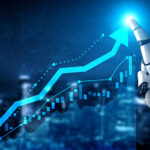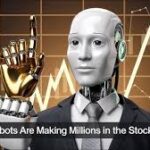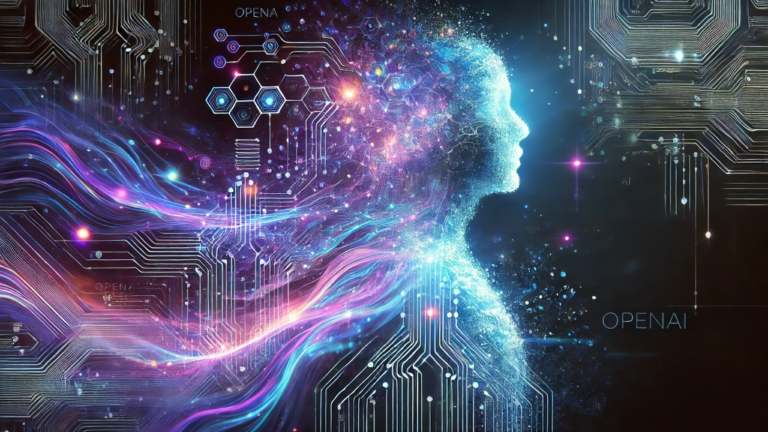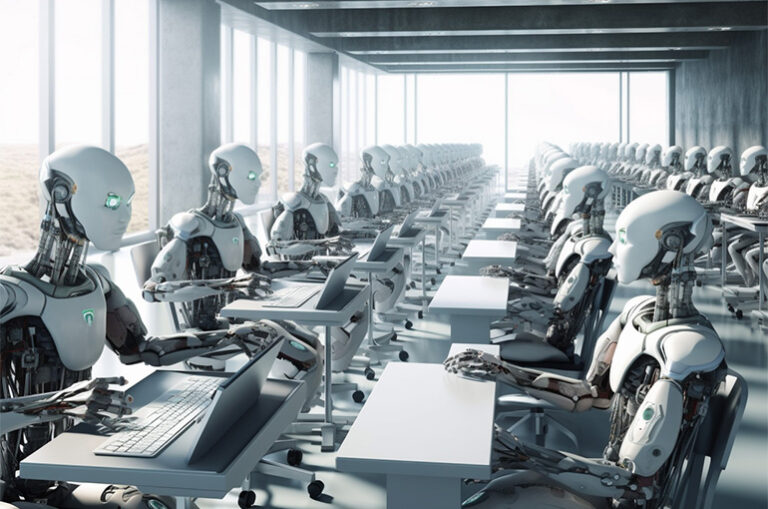
The financial trading landscape has undergone a dramatic transformation with the rise of Artificial Intelligence (AI). What once relied solely on human intuition and market understanding is now shared with AI-powered investments and algorithmic trading. But the question remains: Who truly wins the investment battle—AI or human traders?
In this blog, we’ll explore the strengths and weaknesses of both, dive into key trends, and help you understand where the future of trading lies
Advantages of AI in Investment
AI has revolutionized the investment landscape, offering remarkable advantages that are hard to overlook. One of its most significant benefits is speed. AI algorithms process vast amounts of data within seconds, identifying patterns and opportunities much faster than any human trader could.
Moreover, accuracy plays a crucial role in investment decisions. Machine learning models continuously learn from historical data, refining their predictions over time. This minimizes errors associated with emotional trading or cognitive biases often seen in human traders.
Another key advantage is the ability to operate 24/7 without fatigue. AI-powered investments can monitor global markets around the clock, reacting instantly to market shifts while humans need breaks and rest.
Scalability sets AI apart; it can analyze multiple assets simultaneously. This enables diversified strategies that would be overwhelming for individual investors but manageable for an algorithmic trading system designed to optimize profits across various portfolios.

Limitations of AI in Investment

AI in investment may seem like a silver bullet, but it has its limitations. One major concern is data dependency. AI algorithms thrive on historical data to make predictions. If the market experiences unprecedented changes, these models can struggle significantly.
Another issue is the lack of emotional intelligence. While human traders can respond to news or market sentiment with intuition and experience, AI lacks this nuanced understanding. It cannot gauge public reaction or adapt quickly to sudden shifts.
Additionally, AI systems are only as good as their programming. Poorly designed algorithms can lead to costly mistakes that even seasoned investors would avoid.
Regulatory challenges pose difficulties for automated trading systems. As financial technology evolves rapidly, regulations often lag behind, creating uncertainty around compliance and operational risks for firms relying heavily on AI-driven trading strategies.
Advantages of Human Traders in Investment
Human traders bring a unique perspective to the investment landscape. Their ability to interpret complex market signals is unparalleled. They can draw from their experiences and intuition, adapting strategies based on emotional intelligence.
Creativity also plays a significant role in human trading skills. Unlike algorithms that follow set patterns, humans can think outside the box. This flexibility allows them to identify emerging trends before they become mainstream.
Risk assessment is another area where human intuition shines. Traders can gauge market sentiment and react accordingly, considering geopolitical events or macroeconomic factors that may not yet be reflected in data.
Moreover, building relationships is invaluable in finance. Human traders often develop networks that provide insights beyond numerical analysis. These connections foster informed decision-making grounded in real-world dynamics rather than just algorithmic predictions.
Market Intuition: Experienced traders often rely on instincts honed over years.
Flexibility: Humans can adapt to unexpected market news and sentiment shifts.
Ethical Judgment: Humans can make ethical decisions that AI might overlook.
Limitations of Human Traders in Investment
Human traders, despite their experience and intuition, face inherent limitations in the fast-paced world of investing. Emotions can cloud judgment during critical decision-making moments. Fear and greed often lead to impulsive trades that might not align with long-term strategies.
Additionally, humans are bound by cognitive biases that affect their financial choices. Confirmation bias may cause traders to overlook crucial data if it contradicts their beliefs. This limitation can hinder effective risk assessment.
Moreover, fatigue is a significant factor. Long hours spent analyzing markets can lead to burnout and decreased performance over time. Unlike AI trading bots, human focus diminishes, impacting the consistency of investment decisions.
Staying abreast of technological advancements is challenging for individuals alone. The rapid evolution of algorithmic trading techniques means that without continuous learning and adaptation, human traders risk falling behind in this competitive landscape.
Emotions: Fear and greed can cloud decision-making.
Slower Processing: Humans cannot compete with the speed of automated trading systems.
Fatigue: Unlike AI, human traders require breaks and can’t monitor markets 24/7.
Share
AI vs. Human Traders: A Side-by-Side Comparison
| Feature | AI Traders | Human Traders |
|---|---|---|
| Speed | Instant execution | Relatively slower |
| Emotion | Emotion-free | Susceptible to emotions |
| Market Adaptability | Limited to programmed data | Flexible and adaptive |
| Cost | High initial setup, low long-term costs | High ongoing costs |
| Ethics | Lacks ethical judgment | Can evaluate ethical concerns |
Future Predictions for the Investment Industry
The investment industry is on the brink of a technological revolution. With advancements in AI and machine learning, we can expect more sophisticated AI trading strategies that will reshape market landscapes.
Algorithmic trading will become increasingly prevalent. Automated systems will analyze vast amounts of data at lightning speeds, allowing for real-time decision-making. This may lead to higher efficiency and reduced costs.
Human traders won’t be left behind, though. Their intuition and emotional intelligence remain crucial in navigating complex market dynamics. The blend of human insight with AI-powered investments could create new opportunities.
Regulations around financial technology are likely to evolve as well. Policymakers must keep pace with innovations while ensuring investor protection remains a priority.
As hybrid models emerge, the lines between human expertise and automated processes will blur further. The future promises an exciting interplay of technology and human skills in shaping investment strategies.
The battle between AI and human traders continues to evolve, each bringing unique strengths and weaknesses to the table. While AI-driven trading systems excel at processing vast amounts of data quickly and executing trades with precision, they sometimes lack the emotional intelligence that can be crucial in unpredictable market conditions.
Whether it’s through algorithmic trading or traditional methods, investors will need to adapt as this dynamic landscape unfolds. Understanding both sides will empower them to navigate this intricate arena successfully.



